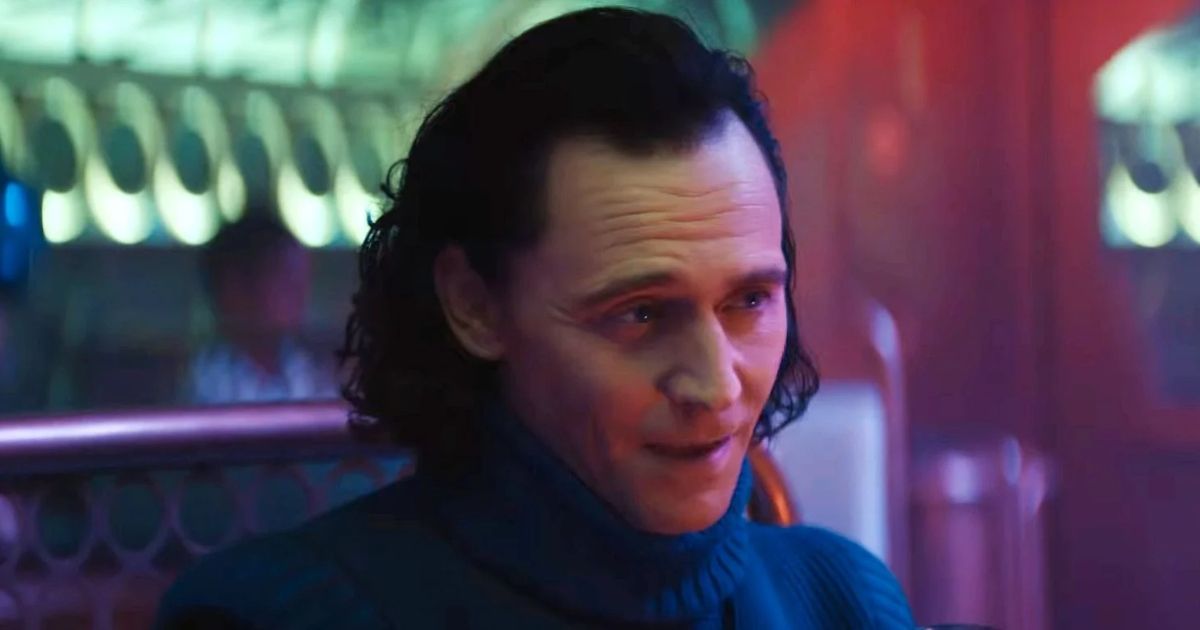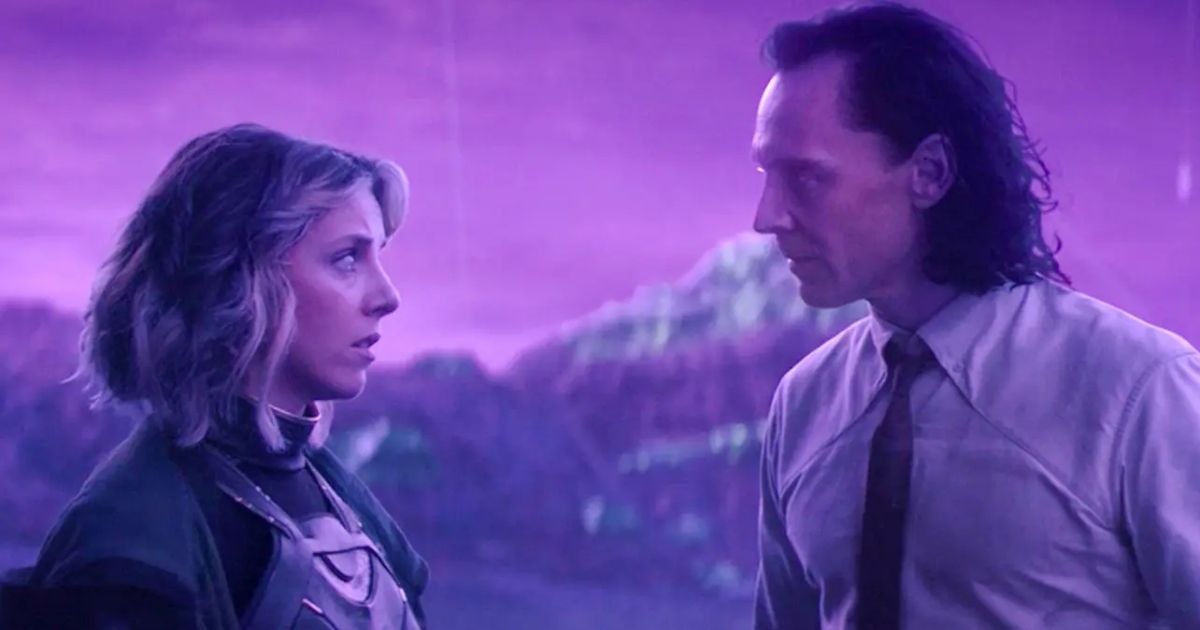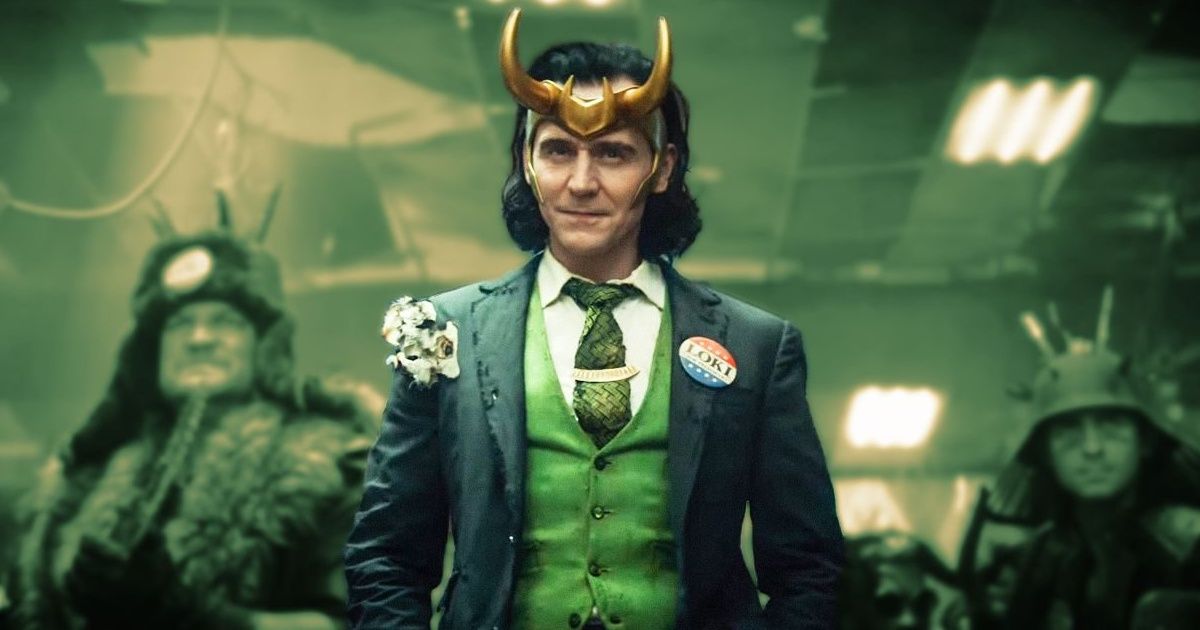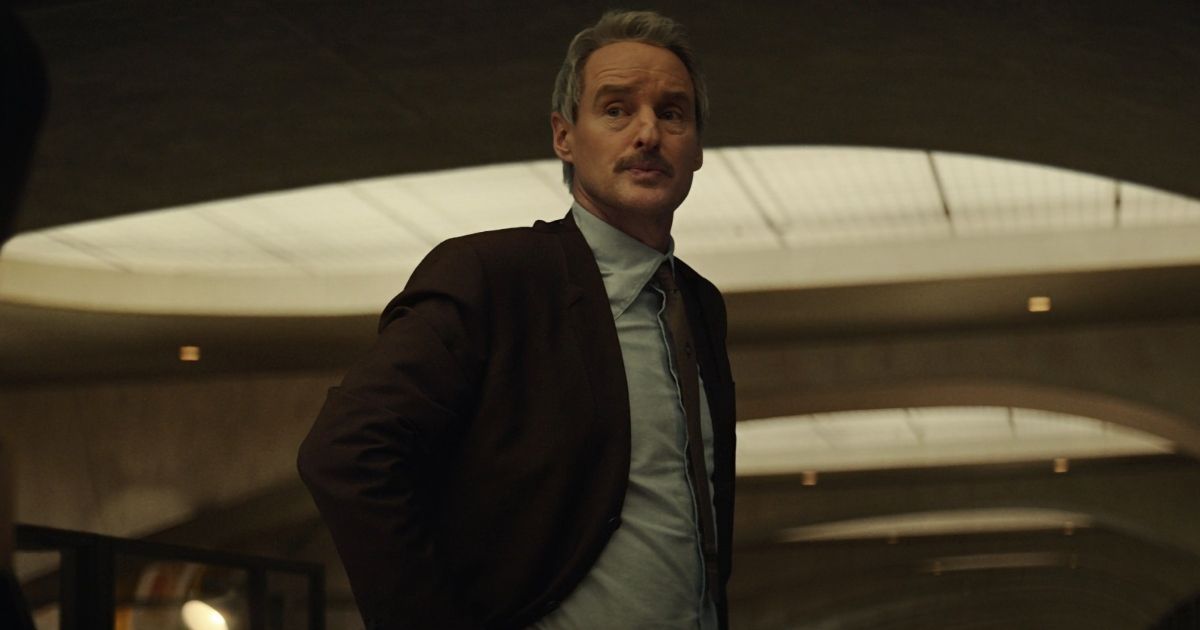Voices of the LGBTQIA+ community deserve to be front and center across popular culture and entertainment media. Representation goes beyond the mere understanding of, yes, non-cisgender and non-heterosexual individuals exist, but reminds others that they, too, have interesting stories to tell. There is undying importance for LGBTQIA+ people to see themselves in the media in a variety of forms as it defends the community against ignorance. Indeed, the representation of an LGBTQIA+ character actively works to destigmatize prenotions associated with queer spaces. A push for more inclusion within mainstream entertainment promotes open-mindedness and understanding to a broader audience.
LGBTQIA+ themes in fiction have become more commonly appreciated and incorporated into brands that have gained international recognition. Marvel Comics has, for instance, used its platform to embrace the diversity of comic book universes by interpreting the influence of the real world. Different comics and characters have articulated the experiences of marginalized communities from creative perspectives that call awareness to their reality. LGBTQIA+ imagery has long been contained to the pages of Marvel Comics, though a shift in plans for the cinematic universe has welcomed a diverse roster for its upcoming projects. Fan-favorite Loki Laufeyson was awarded a Disney+ series of his own that generated unsure reactions. Conversations around the Loki series debated the execution of the first season, including a pivotal moment addressing the main character’s sexuality. A single moment in Loki confirmed the God of Mischief's bisexuality, and while groundbreaking within the largely heternormative MCU, the series' upcoming second season would do well to further expand on that revelation. Here's how Loki season two can develop on Loki's bisexuality.
Loki’s Bisexuality Should Go Beyond a Singular Acknowledgement
The first season of Loki confirmed that the God of Mischief is canonically bisexual in the MCU through an exchange between him and Sylvie (Sophie Di Martino), though the series avoided furthering the conversation between the simple line uttered in a single breath. Tom Hiddleston shared his response to the scene in which Loki admits that he's attracted to "a bit of both." The actor said to Variety that the moment was “a small step” and ensured that there's “there’s further to go” for his character's bisexual identity on screen. Hiddleston then said that he "also hope[d] Loki coming out as bisexual was meaningful to people who spotted it. It was a small step, and there’s further to go. But it was definitely important to all of us.” Co-star Di Martino added to the sentiment of Loki's "coming out" in live-action media: “I think people have been waiting a long time for it. The comic books allude to it and even the Norse mythology, I think. It’s been around for so long, and it was really important to her to have that in the show….I’ve got to say how happy it makes me that people are happy to see that."
Backlash stemmed from the manner of screenwriter Michael Waldron's declination to carry on the insisted-upon importance of a bisexual lead in a comic book-inspired series. However, showrunner Kate Herron's Twitter comment celebrated the accomplishment of her goal. "From the moment I joined ‘Loki’ it was very important to me, and my goal, to acknowledge Loki was bisexual," she wrote, "It is a part of who he is and who I am, too. I know this is a small step but I’m happy, and heart is so full, to say that this is now Canon.” The excitement around such a small moment — essentially, an acknowledgment with no further exposition — was not as fervently received from others who had cast high expectations for Loki's sexual orientation playing a greater role in the series. In stark comparison to the scope of the show, there was little exploration for bisexuality to become as large of a plot point as it was all but promised to be. Loki's LGBTQIA+ representation was acknowledged at such a minimum that it undersaturated a necessary piece of the character's identity, especially when Norse myths and Marvel Comics have been no strangers to such topics.
Russel T. Davies, notable screenwriter and producer of LGBTQ+ TV shows like Queer as Folk and It's a Sin, was open with his disappointment over the small-scale moment. “I think huge, clanging warning bells are ringing as the giants rise up with Netflix and Disney Plus especially,” Davies said, as reported by IndieWire. “I think that’s a very great worry. ‘Loki’ makes one reference to being bisexual once, and everyone’s like, ‘Oh my god, it’s like a pansexual show.’ It’s like one word. He said the word ‘prince,’ and we’re meant to go, ‘Thank you, Disney! Aren’t you marvelous?’ It’s pathetic. It’s a ridiculous, craven, feeble gesture towards the vital politics and the stories that should be told.”
Perhaps fortunately, season two has welcomed a new screenwriter to pen the series. New editorial control over what conversations are held in the show means that there is room for Loki to reflect on his coming out and to add more to its significance. A singular acknowledgment can only provide so much at a certain time, though in this specific scenario, there is still more needed for Marvel Studios to uphold its dedication to inclusion. Including information that is already widespread does not further a piece of a story that begs for more.
A Male Love Interest Could be Introduced
The underwhelming heterosexual attraction shared between Sylvie and Loki that budded through season one effectively undid the “bit of both” comment that crept in early on during the series. It stripped away at the significance with careless disregard for a line that needs more attention called to it. As such, ntroducing a male love interest would give more depth to Loki’s bisexuality. A non-feminine love interest doesn’t have to present as a cis male as Loki was additionally confirmed to be genderfluid, as he is in both the Marvel Comics and Norse mythology. Above all, Loki expressing attraction to another character aside from Sylvie, can cultivate his non-heterosexual orientation.
A masculine significant other would be an impressive step towards allowing Loki's orientation to continue to mature as the series carries on. The straightforward decision to incorporate such would afford the Loki creative team to allow their anti-heroic protagonist to become more conscious of his self-expression while being able to fully sustain the bisexual experience. Bringing a male love interest into play would largely supplement the "a bit of both" remark that was disclosed previously with enough consideration to how important it may be to LGBTQIA+ Marvel fans, going a step further than the usual queer-baiting fodder associated with Disney.
Additional Depictions of Bisexuality Must Be Genuine and Authentic
Bisexuality has been shown in mass media though has been unable to move past certain misconceptions or stereotypes surrounding the identity. For Loki to develop upon his bisexuality even more, the show must free itself from outdated assumptions made about those identifying as bisexual. Common misconceptions about sexual orientation have contributed to the erasure of identity in social, political, and media spaces. For Marvel Studios to continue to weave Loki's bisexuality into a series of his own, they must understand that they are to avoid subscribing to inaccurate approaches to the LGBTQIA+. Loki's journey of self-discovery should depart from tropes worn away by time in other forms of film or television that misunderstood what living as a bisexual person is like. There is an essential need for Loki to shine a light on queer narratives with a genuine intention in mind. Marvel Studios has not completely perfected the formula for allowing their efforts to embrace their queer characters, but Loki season two can work towards undoing this learned behavior.
Most significantly, not all bisexual people are the same when it comes to interpreting their sexuality, nor do they live their daily lives following the exact same routine. Loki now has the opportunity to view the diversification of bisexuality and apply appropriate aspects to its protagonist. Striving for authenticity would demonstrate that Marvel Studios and the team behind Loki are sincere in furthering an incredibly pressing arc for the character. There is a distinction between pleasing a fanbase and assuredly wanting to incorporate a fundamental aspect of a character. Marvel has been criticized for their past fan-service moments in their previous productions, and there have been hopes that Loki's LGBTQIA+ canonization does not fall under that same categorization. Loki season two would improve greatly by not only including more conversations around the God of Mischief's selfhood, but feeling a considerable need to do so.





-2.jpg)